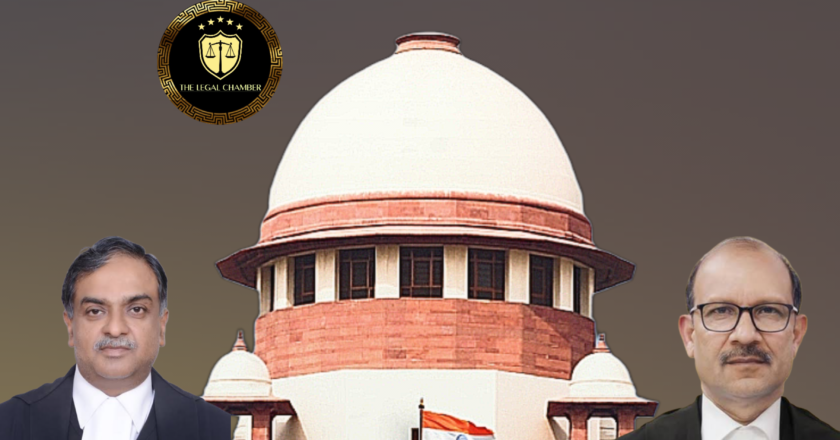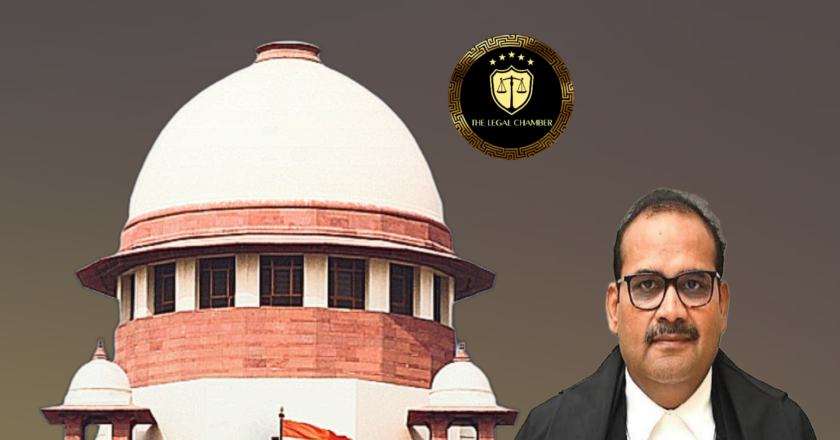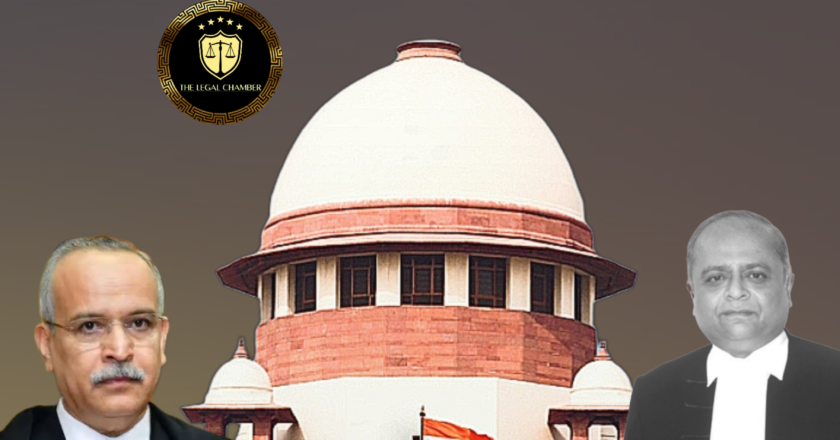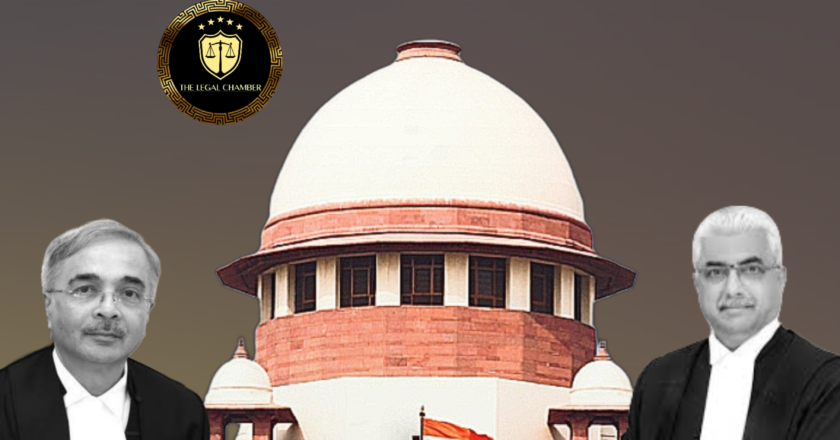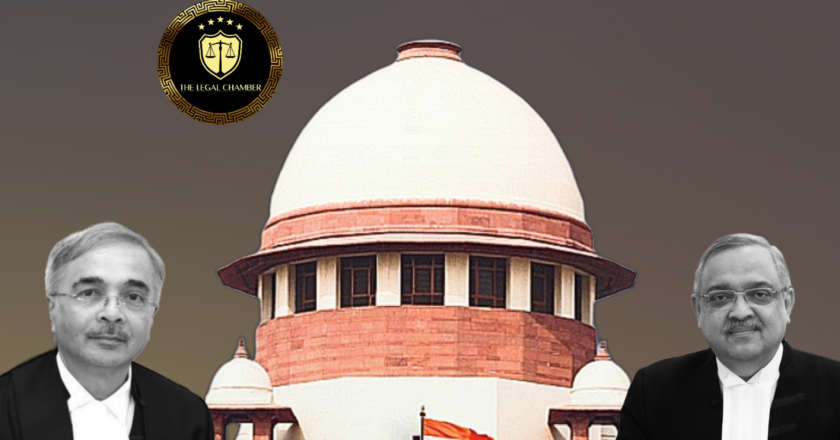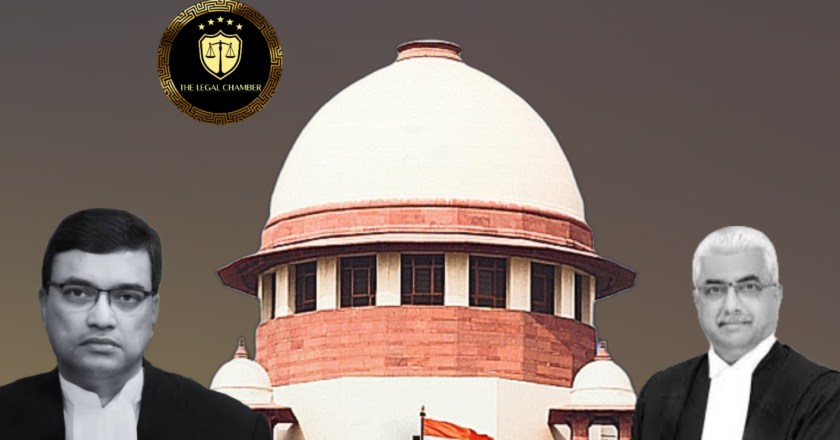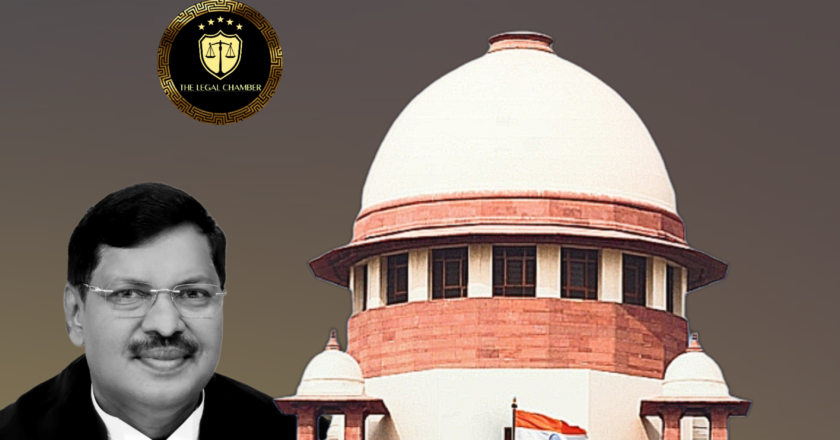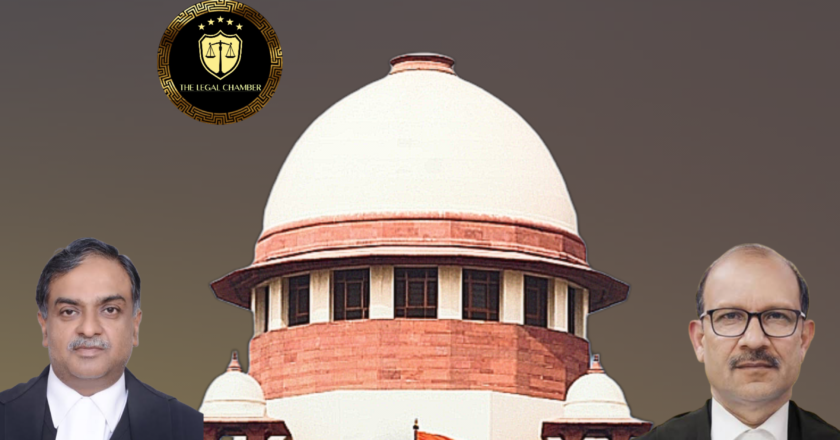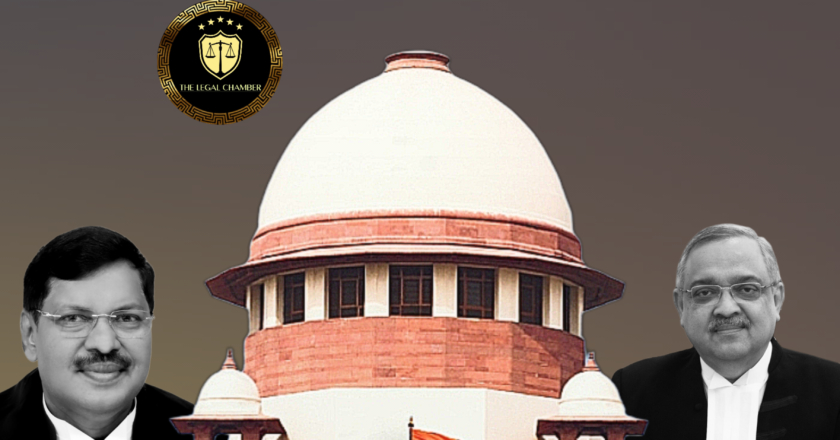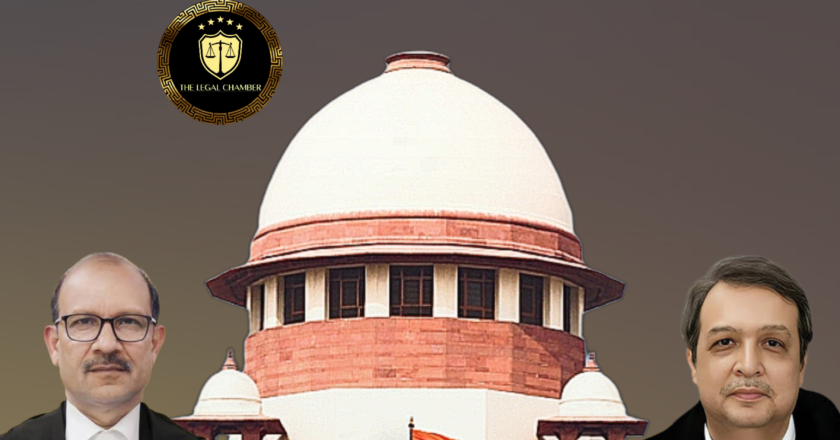Supreme Court: Amicable Settlement Leads to Full Quashing of FIR, Including Dacoity Charge
The Supreme Court quashed an FIR for dacoity (BNS S. 310(2)/IPC S. 395) as the alleged acts lacked dishonest intention for theft/robbery—a prerequisite for dacoity. The Court held that subsequent full restitution and amicable settlement with the complainant negated the core criminal intent, rendering the entire prosecution unsustainable.
Facts Of The Case:
The complainant, a school clerk, alleged that on October 4, 2024, six to seven unknown persons entered P.G. Public School in Nandurbar. They demanded specific Engineering and B.A.M.S. files, assaulted and intimidated staff, and forcibly took a cheque book, blank letterheads, stamps, cash (Rs. 1,50,000), and a computer. The accused were allegedly searching for institutional documents, and the taking of property was incidental. Subsequen...
